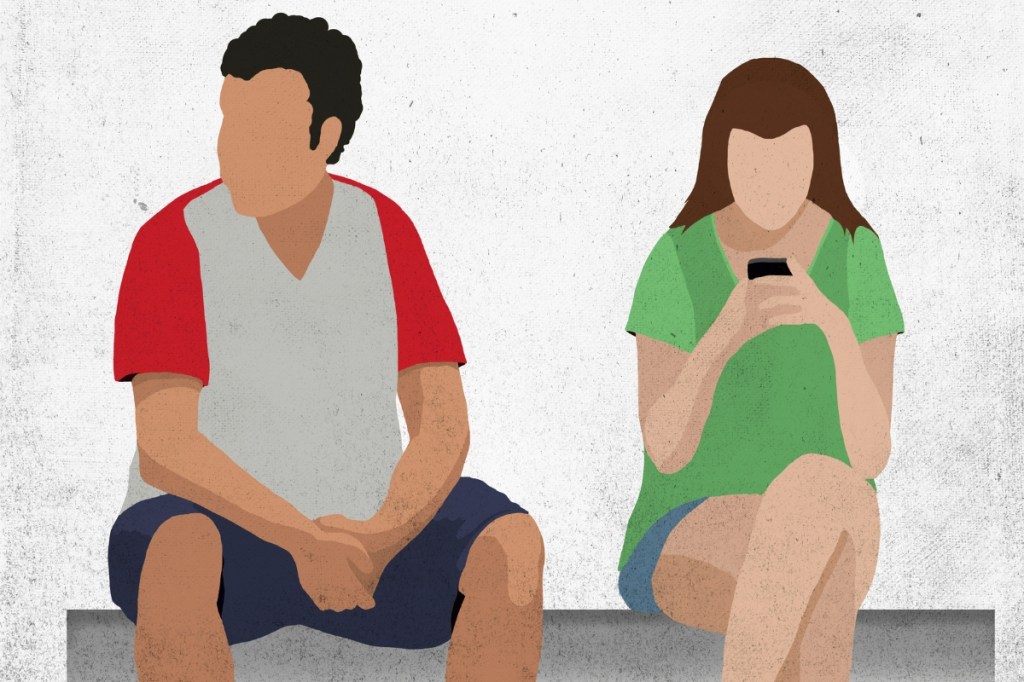Research has identified a growing concern in modern relationships: the phenomenon of “phubbing,” where individuals ignore their partners in favor of their smartphones. A study published in the journal Heliyon highlights how prevalent this behavior has become, presenting significant implications for relationship dynamics.
Understanding Phubbing and Its Impact
Phubbing, a blend of the words “phone” and “snubbing,” refers to the act of neglecting someone in your immediate company by prioritizing your mobile device. This behavior can lead to feelings of neglect and emotional disconnection between partners. According to the study, as smartphones have become ubiquitous, their use during personal interactions has sparked a global interest among researchers.
Dr. Justin D’Arienzo, a relationship and clinical psychologist, explains that phubbing often goes unnoticed by those who engage in it. “We actually have a phubbing blindspot, where we underestimate the negative impact that our phubbing has on other people,” he stated. This phenomenon is not just limited to romantic relationships; it can affect friendships and family ties as well.
Imagine being on a date where your partner is continuously checking their phone. Many have experienced this scenario, and it can be disheartening. While occasional phone use is understandable, consistent distraction can undermine the quality of time spent together.
Recognizing the Signs and Taking Action
The rise of technology has transformed social interactions, but it has also introduced challenges. Phubbing is often evident in social settings, such as restaurants, where diners can frequently be seen more engaged with their devices than with each other. This behavior can lead to a cycle of neglect, where partners feel undervalued and disconnected.
Dr. D’Arienzo urges individuals to be mindful of their phone usage during quality time. “Next time you catch yourself toying with your phone while spending quality time with a loved one, kindly return your attention to the individual in front of you,” he advises. Such small adjustments can potentially save relationships from deteriorating due to the implications of phubbing.
Ultimately, fostering connection requires conscious effort. By prioritizing face-to-face interactions over digital distractions, partners can strengthen their relationships and enhance emotional intimacy. Addressing the issue of phubbing is essential for cultivating healthy and thriving partnerships in today’s technology-driven world.
